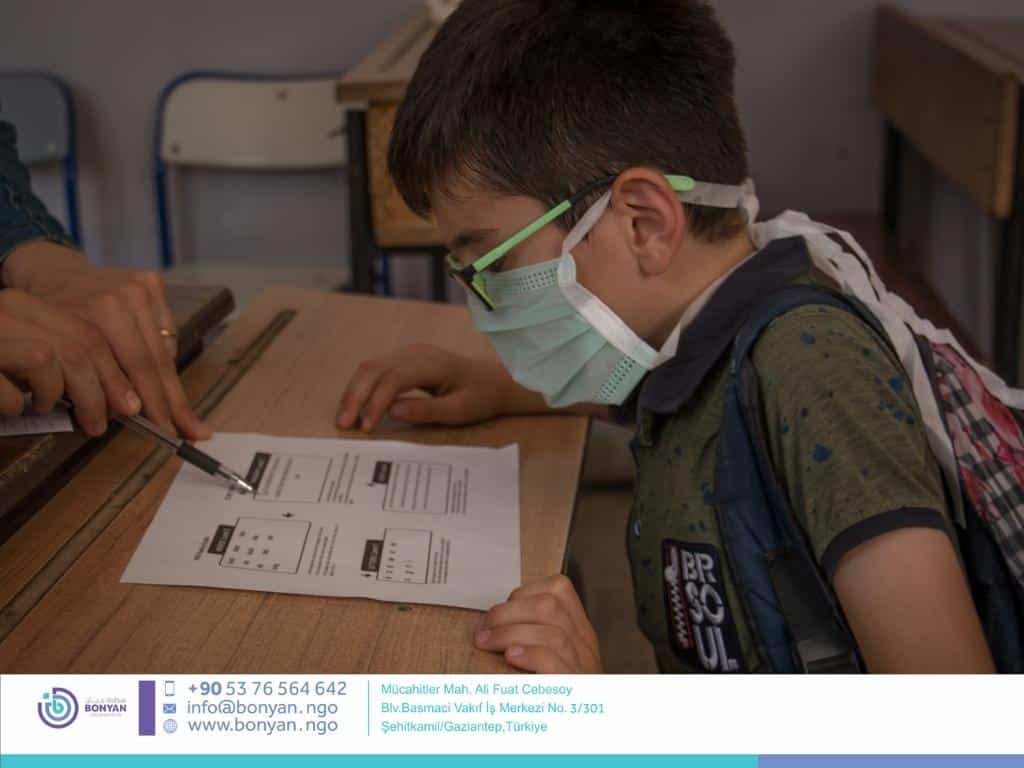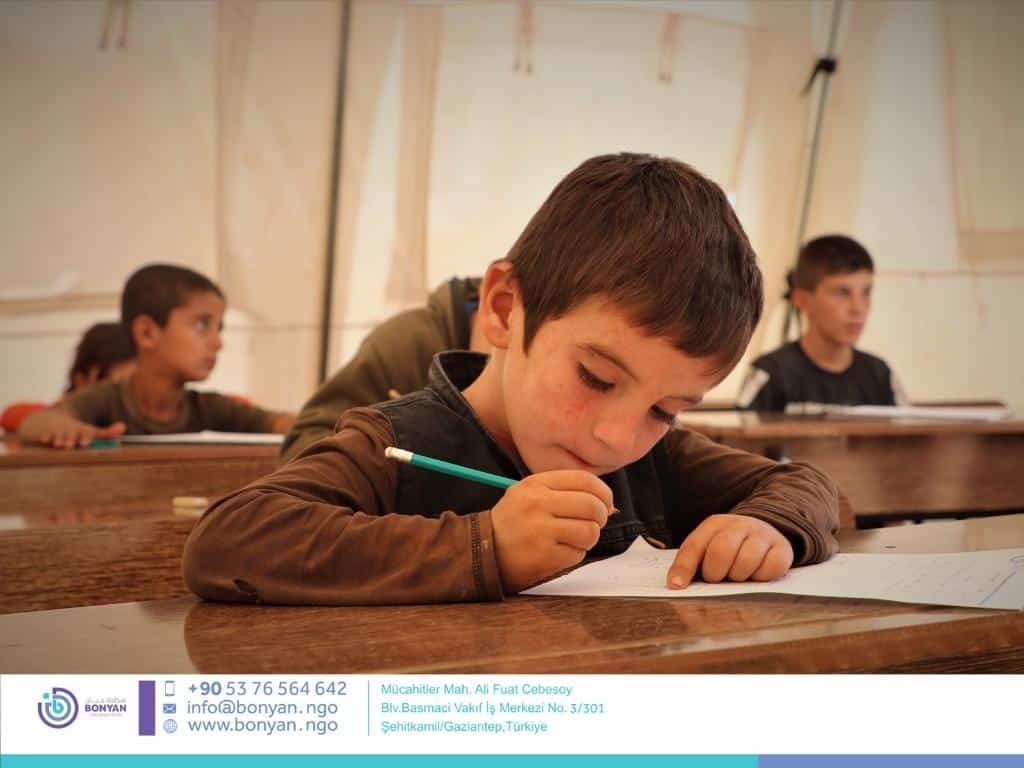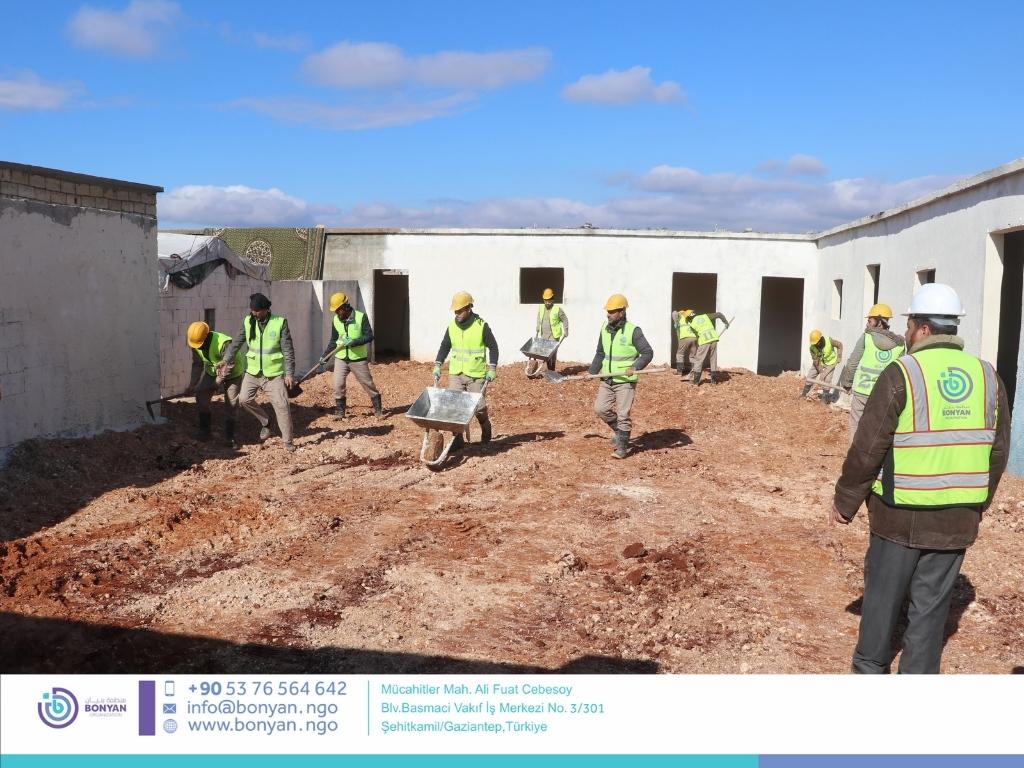In the face of adversity, education stands as a beacon of hope, offering a pathway to a brighter future. However, for students in war-torn and economically challenged countries, accessing quality education remains a daunting challenge.
In this article, we delve into the transformative power of student sponsorship programs, shedding light on how these initiatives play a crucial role in breaking the cycle of poverty and conflict by providing young minds with the tools they need to build a better tomorrow.
Problems Facing Students in Poor Countries
Poverty and Income Inequality
Economic hardships not only obstruct families from meeting basic needs but also limit their ability to allocate funds for education-related expenses. Families, trapped in a perpetual cycle of poverty, find it challenging to break free due to the unaffordability of educational resources such as textbooks, uniforms, and transportation.
This financial burden often forces children to forego schooling, perpetuating the cycle and deepening the roots of poverty within communities.
Low Household Incomes
In low-income households, particularly prevalent in developing countries, students face a myriad of challenges stemming from limited financial resources. Affording even the most basic educational necessities becomes a formidable task, affecting access to quality schooling, extracurricular activities, and essential learning materials.
The lack of financial support hampers the overall educational experience, hindering these students from unlocking their full academic potential.
Primary Education Barriers
The limited availability and accessibility of primary education opportunities in impoverished regions create substantial barriers to foundational learning. Insufficient infrastructure, teacher shortages, and long distances to the nearest schools impede children’s access to basic education.
These barriers not only compromise the development of fundamental skills but also hinder future educational pursuits, limiting the potential for upward social mobility among these young learners.

Effects of War on Students’ Education
In addition to the foundational challenges faced by students in impoverished regions concerning access to education, the scourge of war introduces additional layers of complexity.
Destruction of Educational Facilities
In times of conflict, schools and educational institutions bear the brunt of violence, becoming intentional targets for destruction, looting, or occupation. The aftermath leaves communities without essential infrastructure, robbing students of a secure and conducive learning environment.
The absence of functional schools impedes not only formal education but also the social and emotional development that a stable educational setting fosters.
Negative Impact on Cognitive Development:
Exposure to the traumas of conflict has profound consequences on students’ cognitive development. Lingering psychological effects manifest as problems in linguistic skills and hinder overall cognitive growth.
The stress and uncertainty of war create an environment where concentration and effective learning become formidable tasks for the affected students.
Transformation of Education into a Negative Investment
The war-torn environment often leads to the transformation of education from a positive societal investment to a negative one. The increase in private schools, driven by the need for security and a perceived improvement in educational quality, widens disparities.

The Central Role of Student Sponsorship in Overcoming Adversity
Student sponsorship stands out as a crucial force in tackling the complex challenges presented by poverty and conflict. Its impactful influence is evident through several key avenues:
Uplifting Educational Standards in Impoverished Regions:
Poverty leaves an enduring mark on the educational landscape of impoverished regions. Student sponsorship, beyond being a lifeline for individual students, serves as a transformative tool for the entire educational framework.
By addressing systemic issues, these sponsorships become catalysts for positive change, reshaping the quality of education in economically challenged areas and fostering an environment conducive to learning and growth.
Breaking the Vicious Poverty Cycle
Conflict disrupts educational continuity, exacerbating the cycle of poverty. Student sponsorship emerges as a vital intervention, ensuring that children affected by conflict receive the necessary educational support.
The longer children stay without access to education, the more deeply entrenched they become in the cycle of poverty, underscoring the urgency of timely interventions.
Dismantling Socioeconomic Disparities
Sponsoring the education of underprivileged students acts as a dynamic force for narrowing the gap between the privileged and the marginalized. This sponsorship model serves as a transformative agent, extending a helping hand to those grappling with financial constraints and disrupting the cyclical nature of poverty.
Fostering Comprehensive Well-being
Beyond the classroom, child sponsorship programs, intertwined with education, become catalysts for change in addressing broader issues like malnutrition and poor health.
By championing a child’s education, these programs not only discourage child labor but also provide a holistic platform for development, ensuring each child has the opportunity for overall growth.
Elevating Learning Journeys in Developing Nations
Beyond financial aid, these sponsorships play a pivotal role in enlightening communities and parents about the inherent value of education, fostering a culture of learning and contributing to sustained academic progress.

What do sponsorship program offer?
Sponsorship programs encompass a diverse range of offerings aimed at fostering education and overall well-being. Key components of these programs typically include:
Infrastructure Development: Initiatives focus on constructing schools, universities, and student housing to create conducive learning environments.
Educator Empowerment: Programs prioritize the preparation and support of teaching staff to enhance the quality of education.
Access to Learning Resources: Provision of educational materials such as school bags, stationery, and uniforms, ensuring students have the necessary tools for effective learning.
Technological Advancements: Integration of digital libraries to facilitate modern and comprehensive access to educational resources.
Health and Nutrition: Inclusive of measures to address the holistic well-being of students, with provisions for nutrition and healthcare to promote a healthy learning environment.
Financial Assistance: Support systems are in place to provide financial aid, ensuring that economic barriers do not impede access to education.
Sponsorship programs thus contribute holistically to the development and sustenance of educational ecosystems, fostering an environment where students can thrive and reach their full potential.
The role of Bonyan organization in sponsoring students in war-torn countries
In the face of adversity, Bonyan stands tall as a beacon of hope, channeling its efforts into transformative initiatives that empower education in war-torn regions of the Middle East and Africa. Your support can directly contribute to these impactful endeavors.
Bonyan’s Education Program is not just about classrooms; it’s about creating safe and secure learning spaces for children and educators affected by conflict. The organization is committed to enhancing the quality of education through formal and non-formal channels, technical and vocational training, and capacity building for teachers.
Your contribution aids in providing access to education, supporting both formal and non-formal learning. Bonyan ensures inclusivity by enhancing schools’ capabilities to accommodate children with disabilities, fostering an environment where every child can thrive.
Community engagement is at the forefront of Bonyan’s efforts. Back-to-learning campaigns, Parent-Teacher Associations (PTA) meetings, and support for youth initiatives are integral components that enrich the educational experience for entire communities.
Looking ahead, Bonyan aims to intensify its support for formal education, enhance community engagement, and integrate Early Childhood Development (ECD).
Your donation fuels these efforts, turning aspirations into reality. Join Bonyan in making a lasting impact on education in war-affected regions. Every contribution paves the way for a brighter tomorrow, where education becomes a powerful tool for transformation.
Be a Changemaker: Support Bonyan’s Education Initiatives Today!
Read More



